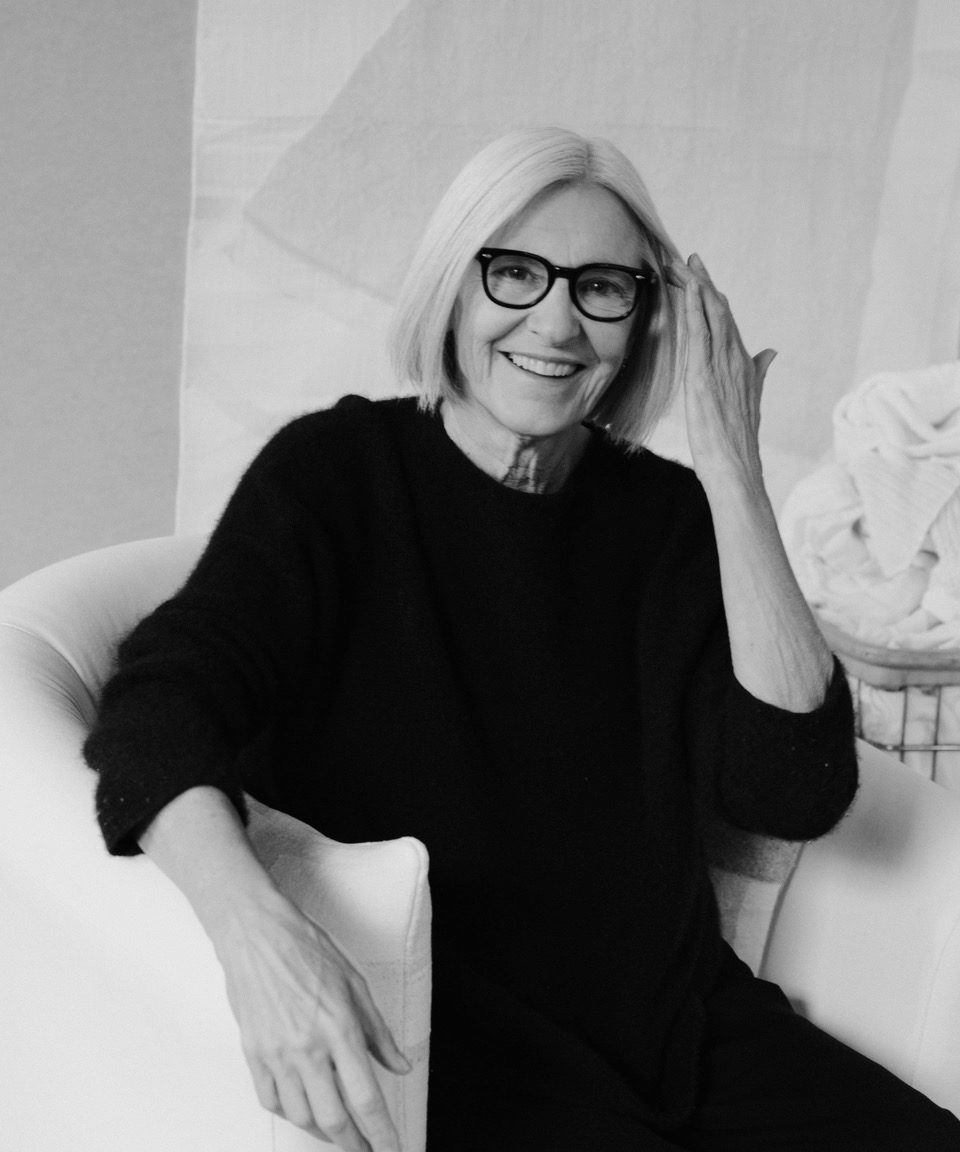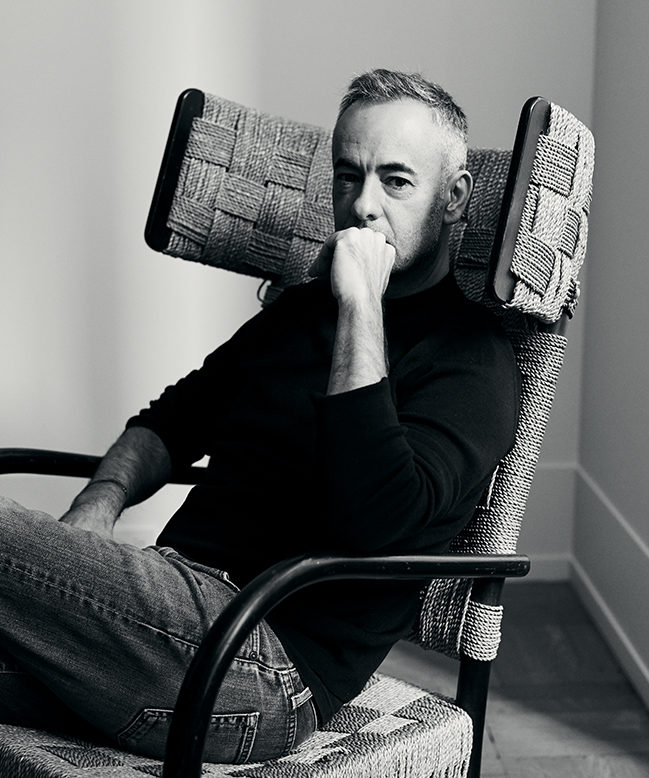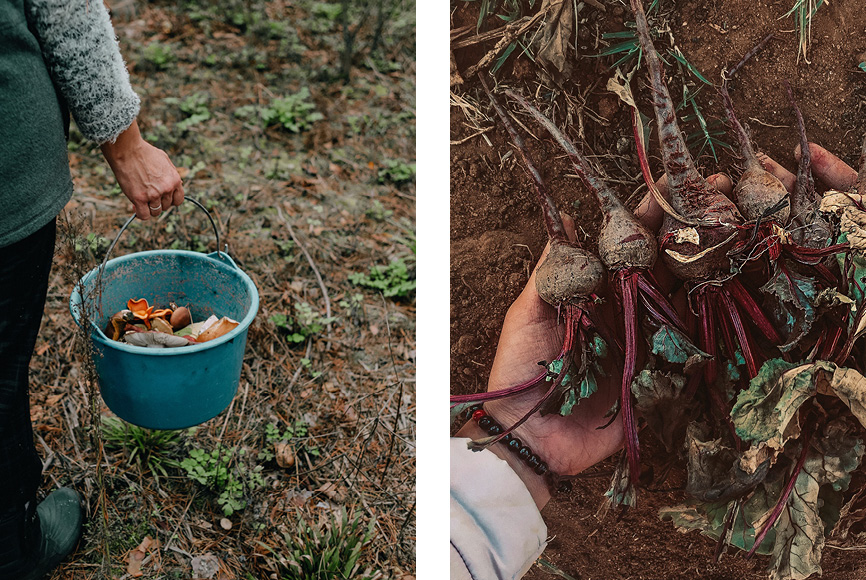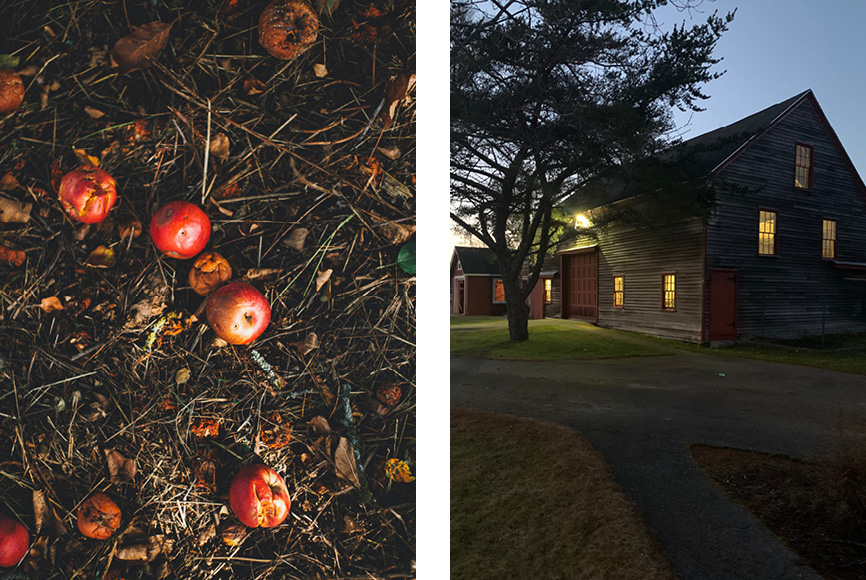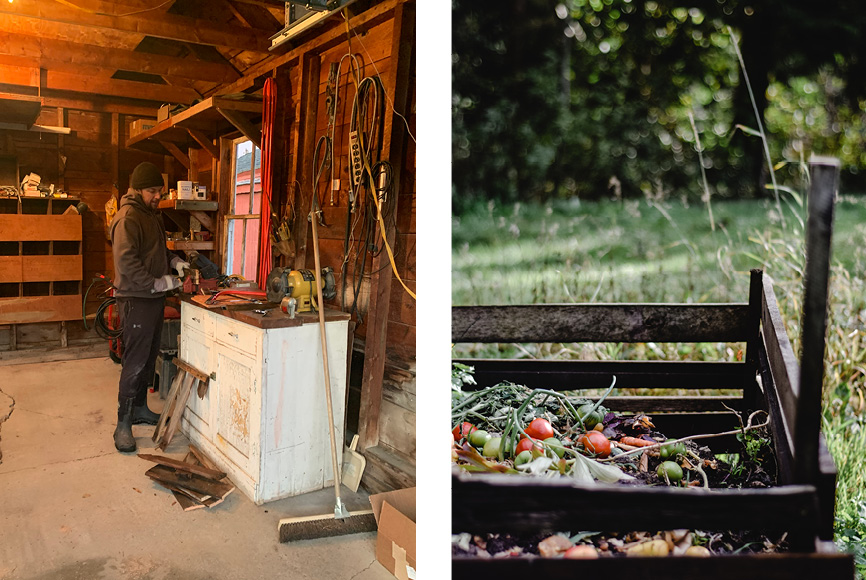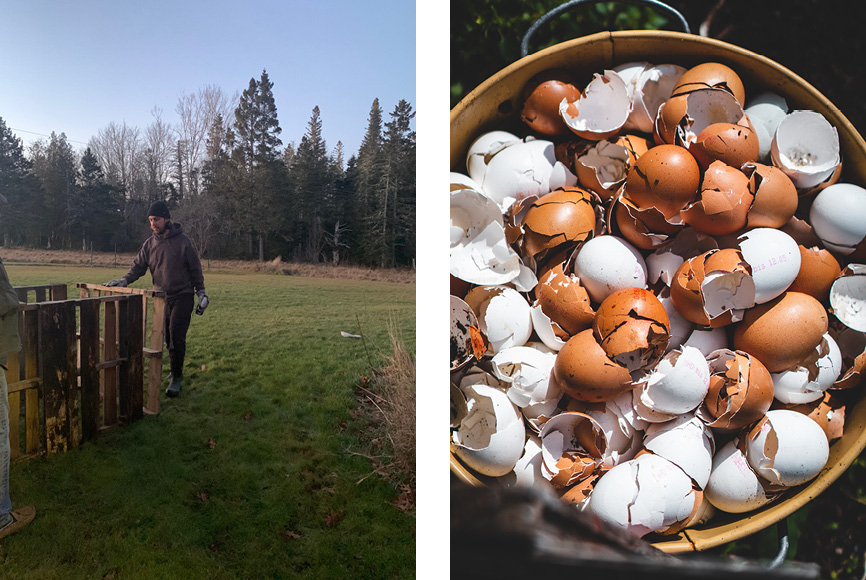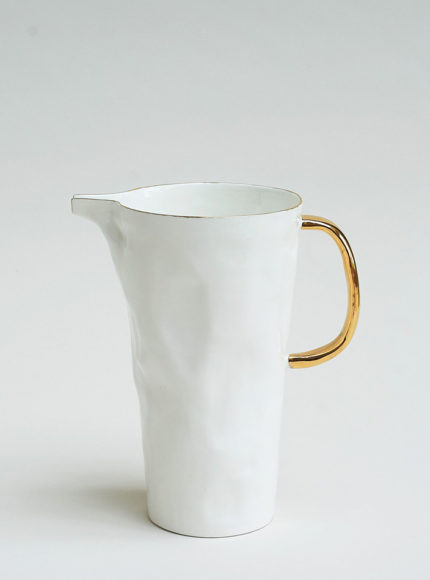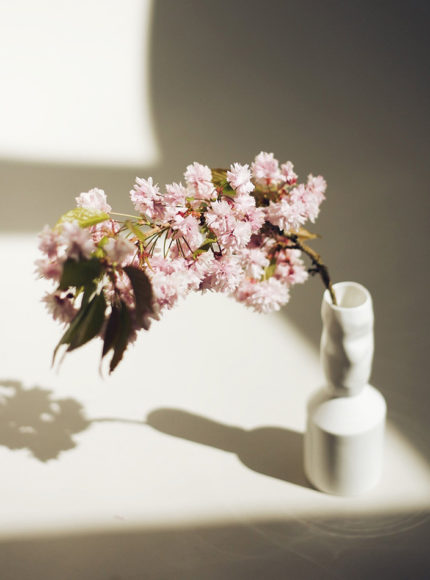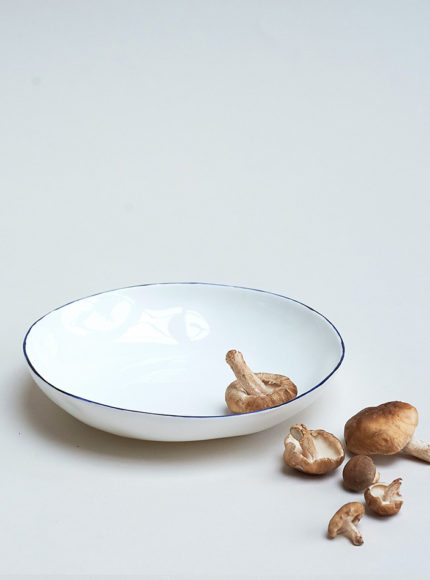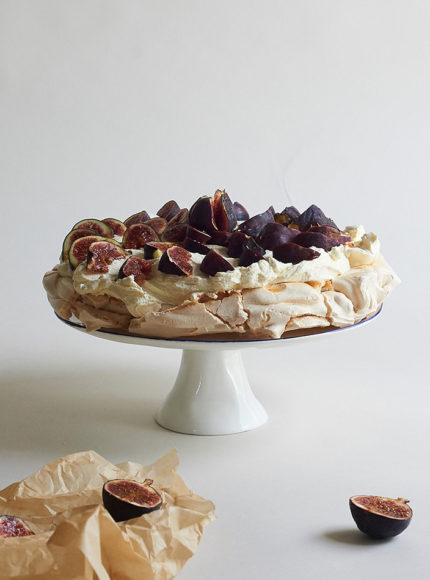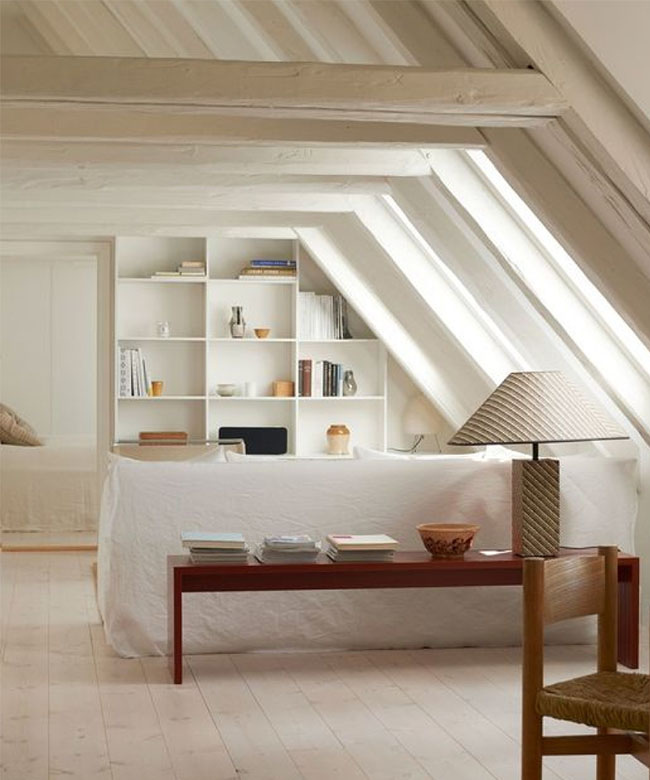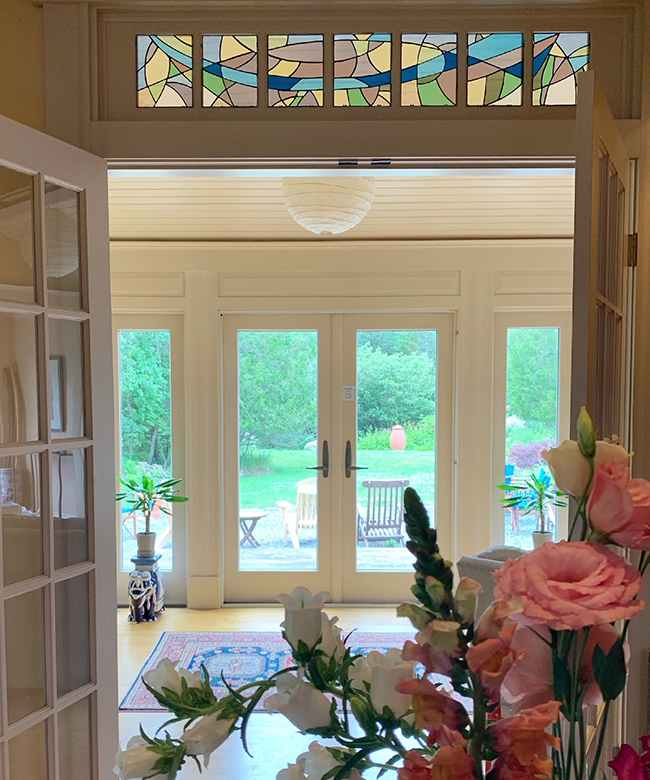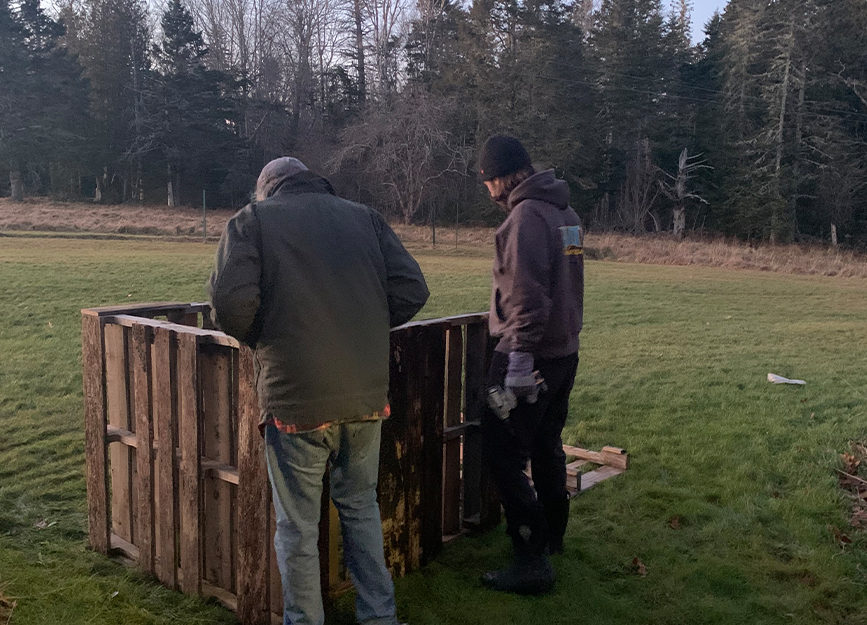

@corahilts
@corahilts
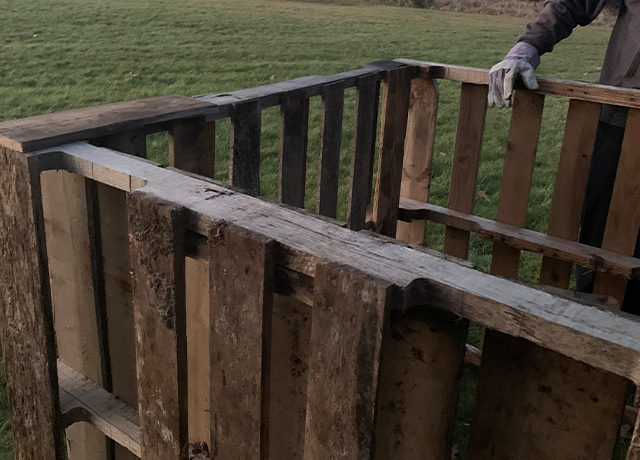

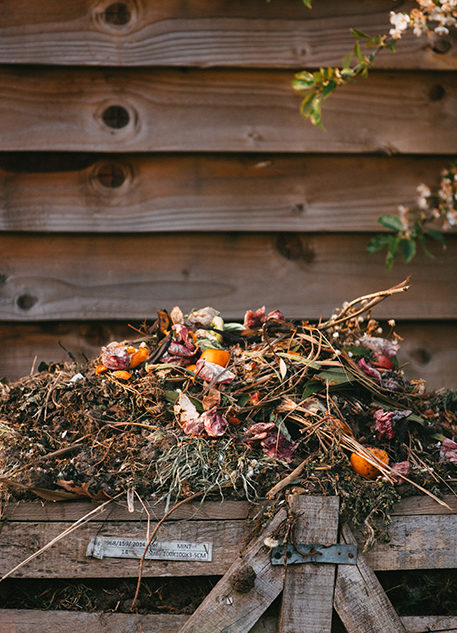

Why a Wooden Pallet Compost Bin Was the First Thing We Built at The Maine House
When we lived in London, we were fortunate to be in a council that offered free composting. It was one of my favorite things about the area we lived in. I have become a huge fan of composting. The more I learn about food waste, landfill and methane emissions the more I am convinced this simple act has an extremely large impact on the planet. In this editorial we explore the benefits of composting. And how easy it is to up-cycle old pallets and build your very own wooden compost bin! – Cora Hilts, CEO
An Introduction to Composting by Cora
When food breaks down without oxygen (meaning in the trash or the landfill it eventually goes to), it produces greenhouse gases (primarily methane). These can escape the landfill and accumulate in the atmosphere, contributing to global warming. In fact, methane has been shown to be up to 21 times more harmful than CO2. It’s horrible to think that we are creating this greenhouse gas whenever we dump unwanted food in the bin! However, the amount of methane emitted through a well-managed compost heap at home? Zero.
When we moved to our farmhouse in Maine it was imperative to me that we would be living more in harmony with nature. Utilizing our food scraps into something that would one day regenerate our soil was hugely important. My husband Jamie built our first compost bin from old wooden pallets. So we even were able to up-cycle in that capacity. Literally a few nails and a bit of effort and you are done!
Why Is Composting So Good For The Planet?
Commercial methods of composting require the use of oil-reliant machinery. A fast method of oxidising organic matter at a high heat to get it to break down quickly. No fungal decomposition is involved in this process. Through the slower and more traditional method of composting at home, there is more assurance that everything has been well-broken down by the fungi and bacteria. Your end product will be something that is very useful to the soil.
Around 60 percent of domestic waste is organic matter, so it’s also a great way to make sure you are working towards a zero waste home. At the same time you reduce the need to bring materials in from outside to enrich your garden. Cutting down on the carbon footprint of transport and also the plastic packaging that so much compost comes wrapped in.
It also means you are creating your own fertilizer. Which takes away the need for any chemicals you might be tempted to add to your garden as compost is so good at feeding your plants. I am going to do a whole piece on chemical fertilizers when we start our garden in the Spring. For now please just trust me that we should absolutely NOT be using them. Compost also helps the soil to retain moisture. So as water becomes more and more of a commodity and a resource that we need to be careful with, your compost can help reduce the amount you need by laying it on top of your plants.
Compost attracts critters and microorganisms that are good for soil and plants. Think of compost like probiotics for the human body. Good bacteria are needed to fight off diseases and keep us alive and functioning. Similarly, in order for soil to be healthy, it needs to foster a community of organisms that break down matter, improve soil structure, and create a fertile environment for plants. Compost comes with a myriad of organisms that do just that.
So How Do I Do It At My House?
If you live in a city, first of all check if you live in a place where the council offers composting services. If not, you can easily take your compost to your local farmer’s market. Or check to see if there is a compost service you can sign up to. Here in the States this is a great resource to find a local composter: https://compostnow.org/compost-services/
If you have a yard or a bit of outdoor space, you can invest in a compost bin. Or build your own like we did. Charles Dowding is a great resource on easy composting. There are loads of youtube videos to watch about this. Which is what my husband did to learn how to do ours! We built a wooden compost bin out of up-cycled pallets.
I am convinced more than ever that we need to take individual accountability for the climate crisis (politicians seem to keep letting us down). Given the amount of methane emitted from food waste and how valuable and regenerative a resource it can be when composted, this seems like something we should all be doing. It’s not that difficult and very easy to become committed to!
Here’s to making composting part of your routine. Cora xxx
Useful links…
If you want to know more about composting or gardening…
Follow along the day to day journey @corahilts on instagram!
Learn About No-till / No-dig gardening here















